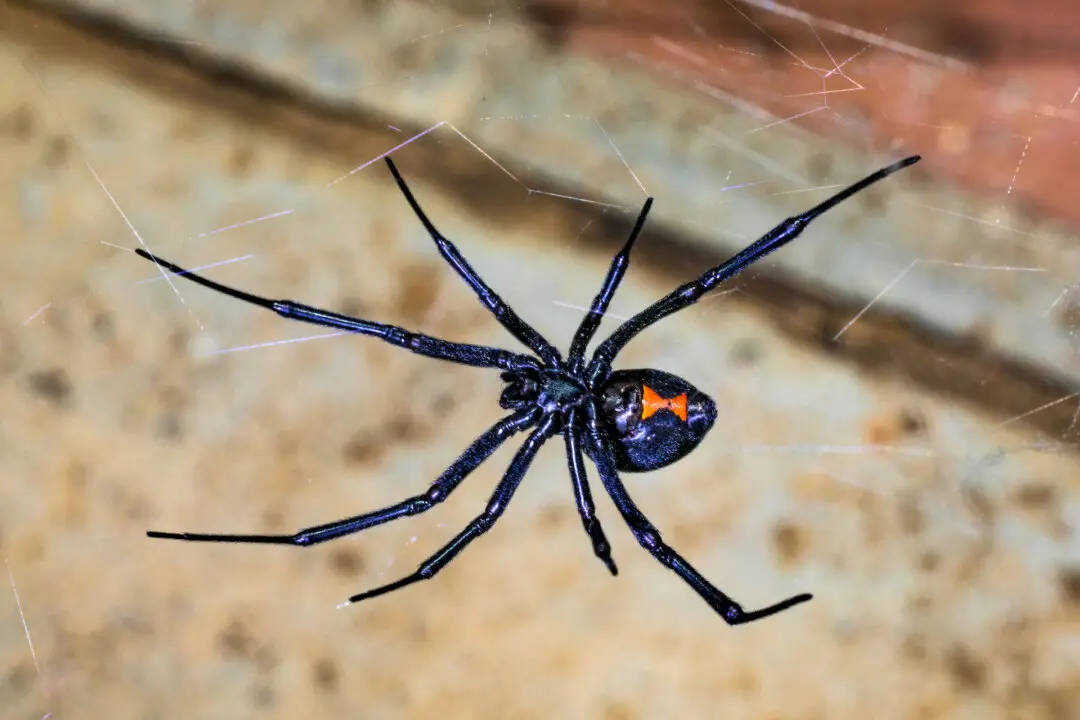Q: Stormi, my new kitten, will be an indoor-outdoor cat. I know she needs to be vaccinated and eventually sterilized, but isn’t it better to let her have one litter of kittens before that?
A: Cats live longer, healthier lives if they don’t have kittens and are sterilized between 2 and 6 months of age. Later sterilization increases the risk of mammary (breast) cancer, the third-most common cancer in female cats.





